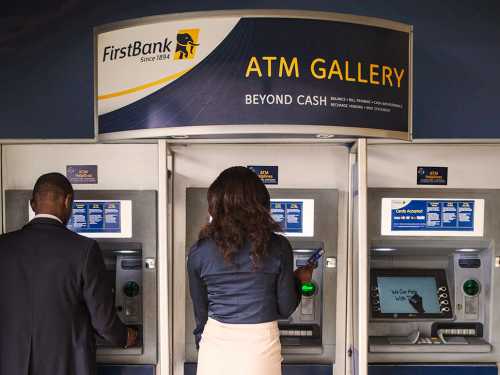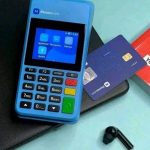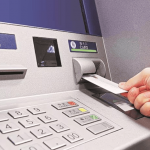Financial experts are raising concerns that the increasing number of charges on financial transactions in Nigeria could reverse the progress made in financial inclusion.
From the Electronic Money Transfer Levy (EMTL) on digital transactions to ATM withdrawal fees, Nigerians are facing higher costs whether they transfer funds electronically or withdraw cash. Experts fear these charges could discourage bank account usage and deter financially excluded individuals from entering the formal banking system.
Already, some small businesses that had embraced digital payments are opting out. A frozen food seller in Lagos, said she has stopped accepting transfers for purchases of ₦10,000 and above due to new deductions by fintech platforms.
“I used to accept transfers with my OPay account, but in December, they started deducting ₦50 on ₦10,000 transactions. I lost money, so now, if you want to transfer, you must add the charges, or you pay in cash,” she said.
Beyond the newly introduced ₦100 ATM withdrawal charge, banks also deduct between ₦50 and ₦100 monthly for account maintenance. Interbank transfers attract fees ranging from ₦10 to ₦50, while customers pay ₦6 per SMS alert. USSD banking services come with a ₦6.95 charge, and digital transfers above ₦10,000 incur a ₦50 deduction. Replacing an ATM card costs between ₦1,000 and ₦2,000.
The Managing Director of Highcap Securities, David Adonri, warned that these charges could undermine Nigeria’s cashless policy. He noted that traders and small business owners might become hesitant to deposit their earnings in banks, knowing that withdrawing the funds later would attract additional fees.
“This excessive fee imposed on customers for accessing their own money is a disincentive to keeping funds in banks,” Adonri said.
Financial analyst Adewale Adeoye also criticized the rising costs, arguing that they could push more Nigerians away from formal banking.
“These charges will enrich banks but impoverish customers,” he said. “Some people may stop opening bank accounts altogether to avoid the multiple fees, which could weaken trust in the financial system and harm the country’s savings culture.”
Point-of-Sale (PoS) operators are also preparing to raise their fees in response to the new ATM withdrawal charges.
David Abiodun, Chairman of the Lagos Chapter of the Association of Mobile Money & Bank Agents of Nigeria (AMBANN), said PoS agents have been left to cover their own costs, including SIM cards and data, which were previously provided by service providers.
“The new ATM fees will naturally affect PoS charges. Customers may prefer ATMs over PoS, making the business less profitable,” he explained.
He added that the association was reviewing the new ATM charges, as the Central Bank of Nigeria (CBN) had implemented them without consulting stakeholders.
On February 10, 2025, the CBN announced revised ATM withdrawal charges, set to take effect on March 1. A circular signed by Acting Director of Financial Policy and Regulation, John Onojah, outlined the changes, which the apex bank said were necessary due to rising operational costs.
Under the new policy, withdrawals from a customer’s own bank ATM will remain free. However, those using another bank’s ATM will pay ₦100 per ₦20,000 withdrawal at bank premises. For off-site ATMs, an additional surcharge of up to ₦500 may apply.
Meanwhile, fintech companies such as PalmPay, OPay, and Moniepoint began deducting EMTL from customers’ transactions on December 1, 2024, as part of the government’s revenue drive. While many fintech users had previously enjoyed free transactions, the new levy has ended that benefit.
Financial analysts warn that these mounting costs could discourage digital payments and force more Nigerians to rely on cash, undermining efforts to expand financial inclusions










